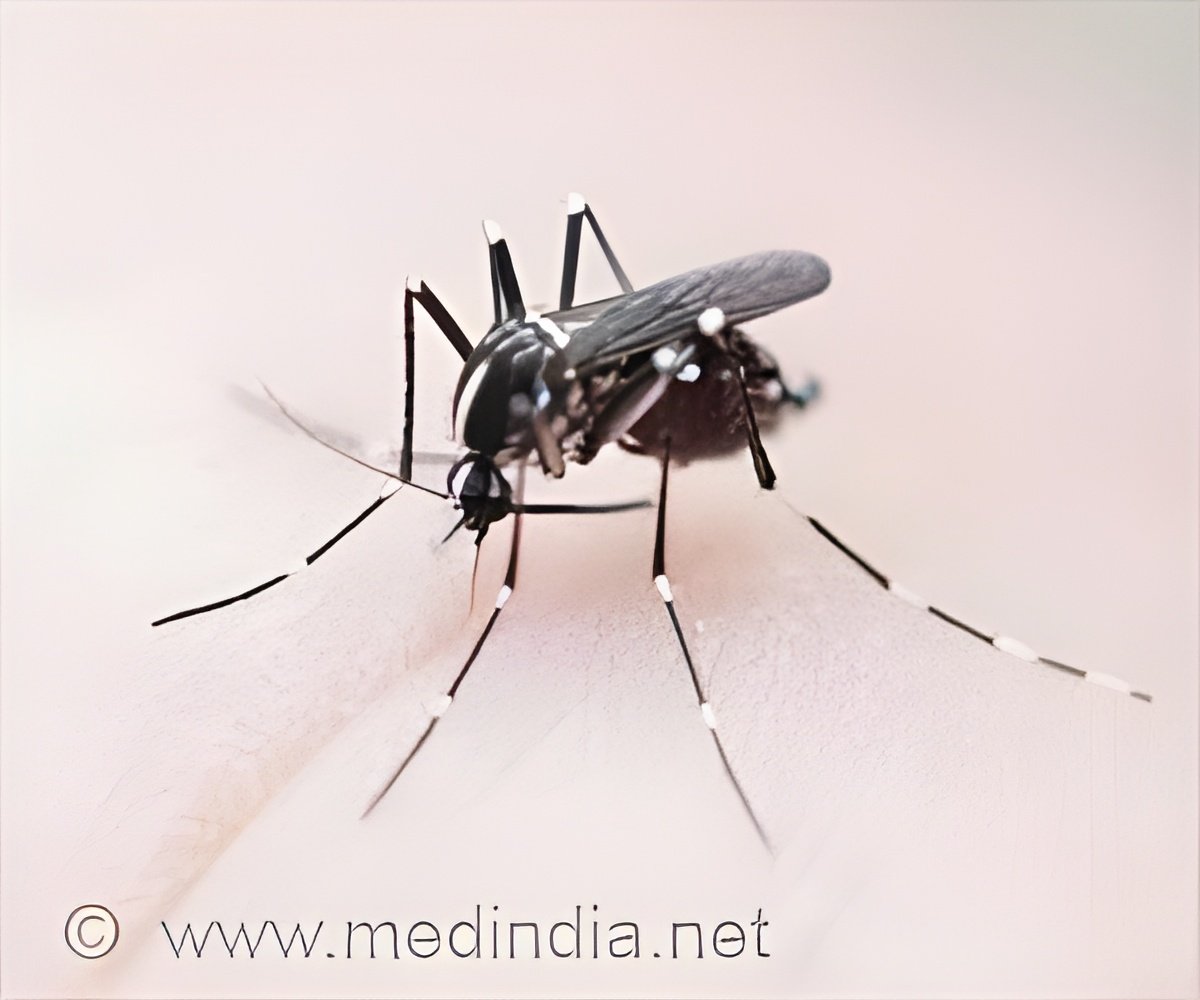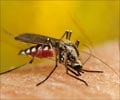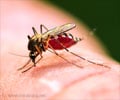Early detection is crucial as there's no specific dengue treatment. The Americas reported 4.1 million dengue cases.

Dengue- Global situation
Go to source) noting its spread to new regions, infecting over 5 million and claiming over 5,000 lives this year. Nearly 80 percent of those cases, or 4.1 million, have been reported in the Americas, followed by Southeast Asia and the Western Pacific, Diana Rojas Alvarez, the health agency's team lead on arboviruses, disclosed at the UN weekly briefing in Geneva, Xinhua News Agency reported.
Climate Change Impact on Dengue Risk
Alvarez said climate change was partly to blame as it led to higher rainfall, humidity and temperature, enabling mosquitoes to thrive. "Although 4 billion people are at risk from dengue, most of those infected are symptom-free and usually recover within one to two weeks," the WHO said. Severe dengue infections are marked by shock, severe bleeding or severe organ impairment.‘The Americas reported nearly 80 percent of these dengue cases, totaling 4.1 million, followed by Southeast Asia and the Western Pacific regions. #dengue #mosquitobornediseases ’





As there is no specific treatment for dengue, early detection and access to medical care can lower mortality rates due to severe cases. The UN agency said reported cases skyrocketed to a record 5.2 million in 2019, a tenfold rise over 2000, across 129 countries. Alvarez said the threat required "the maximal attention and response from all levels" of the agency to support countries in controlling current dengue outbreaks and preparing for the upcoming dengue season.
Reference:
- Dengue- Global situation - (https://www.who.int/emergencies/disease-outbreak-news/item/2023-DON498)












